Reposted by: David Grant
Rt Rev Mariann Budde
@carlhorsley.bsky.social @kencatchpole.bsky.social @davidjgrant.bsky.social @janekohara.bsky.social @siriwiig.bsky.social @trishgreenhalgh.bsky.social
by David Grant
Then applied to safety:
Ontology = work as done
epistemology = accident models
phenomenology = safety climate or safety culture of an organisation.
Thoughts
@siriwiig.bsky.social @carlhorsley.bsky.social ley.bsky.social @davidjvaughan.bsky.social
by David Grant
If we accept that ontology describes what reality exists, epistemology describes how we can obtain knowledge of that reality and phenomenology describes the nature of our experience of that reality (how we perceive or understand it).
by David Grant
Ylönen, M., & Aven, T. (2023). A framework for understanding risk based on the concepts of ontology and epistemology. Journal of Risk Research, 26(6), 581–593. doi.org/10.1080/1366...
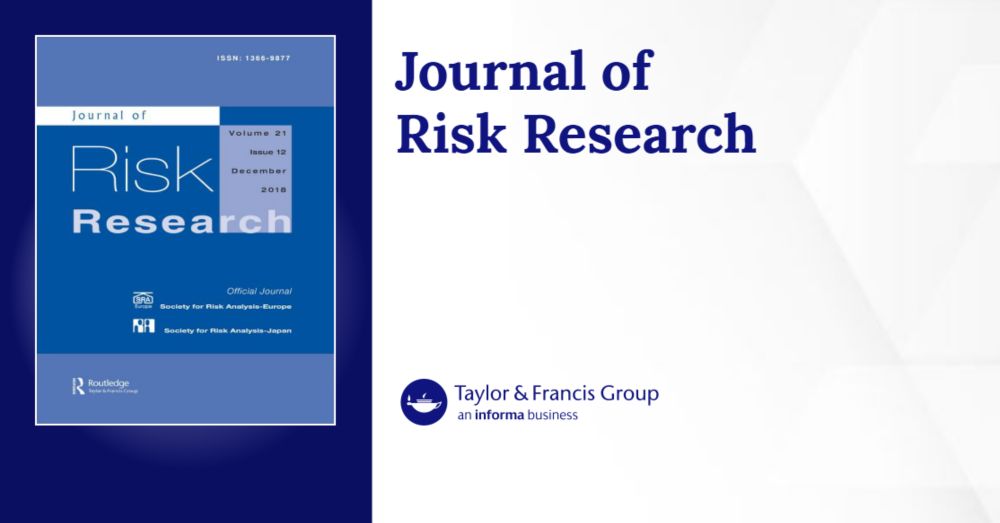
by David Grant
by David Grant
by David Grant
by David Grant
by David Grant
🎟 Registration Details:
✅ FREE for SESAM Members (Use code SESAM25Comp)
✅ FREE for attendees from LMICs (Use code SAVE25Comp)
💶 €7 all other non-members
🚀 Register now! www.trybooking.com/CZFIT
📩 For more info: [email protected] | 🌍 www.sesamsociety.org
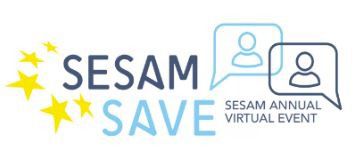
by David Grant
#preperationiskey

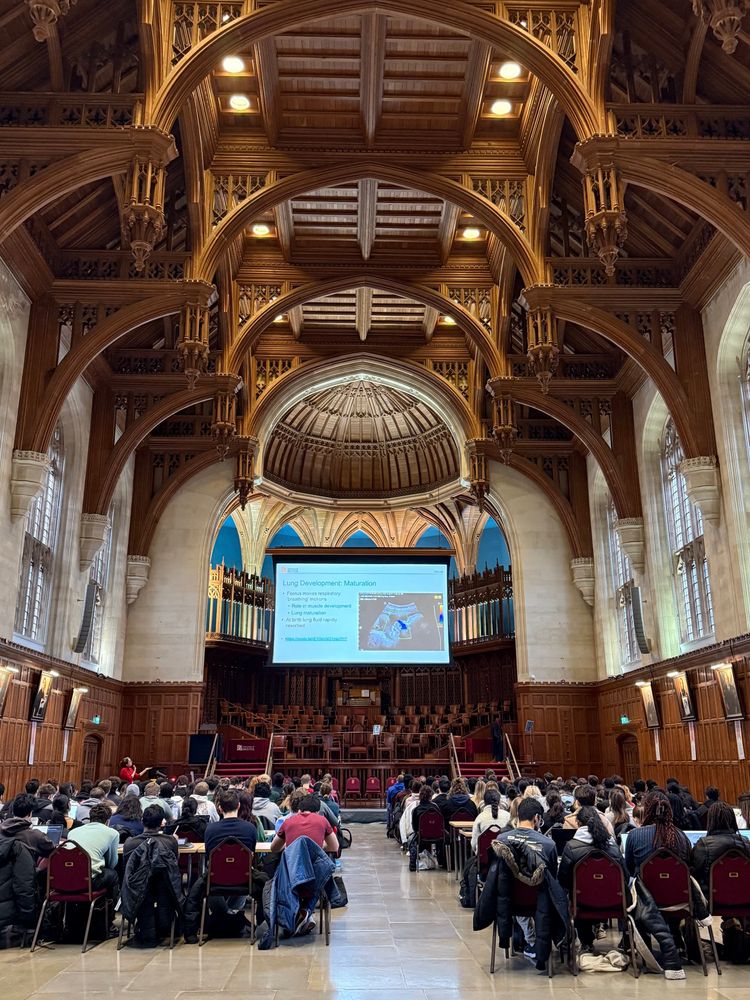
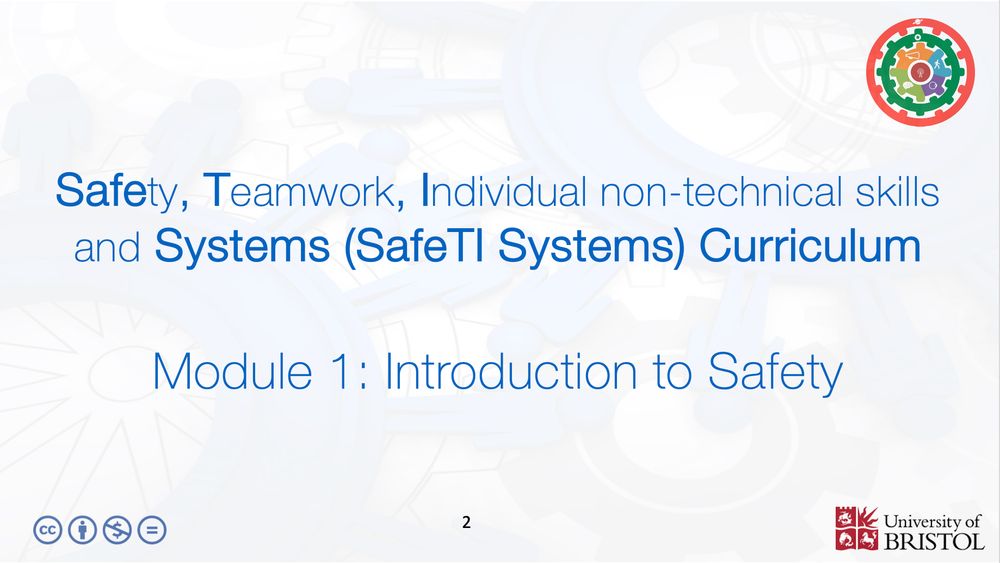
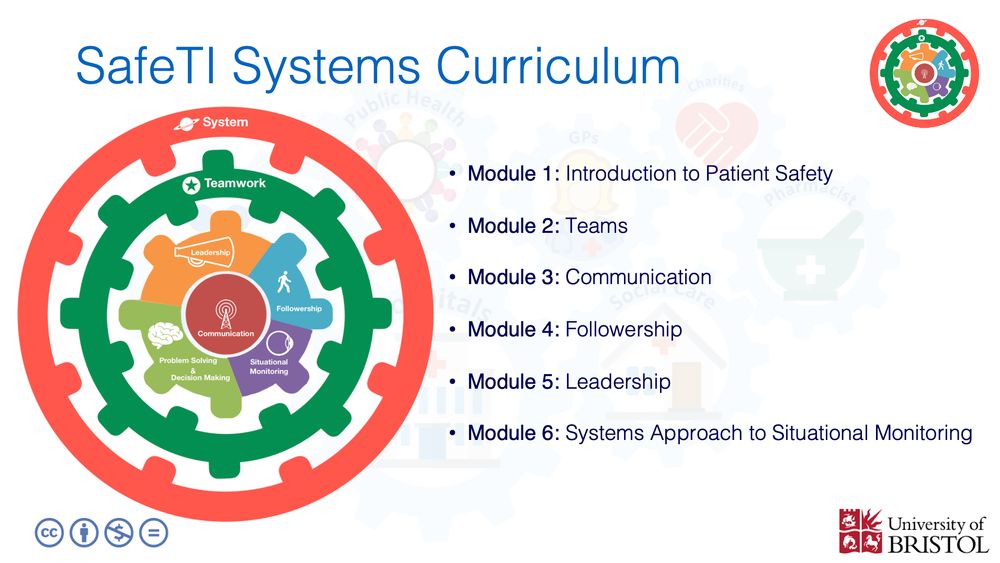
by David Grant
by David Grant
by David Grant
by David Grant
by David Grant
by David Grant
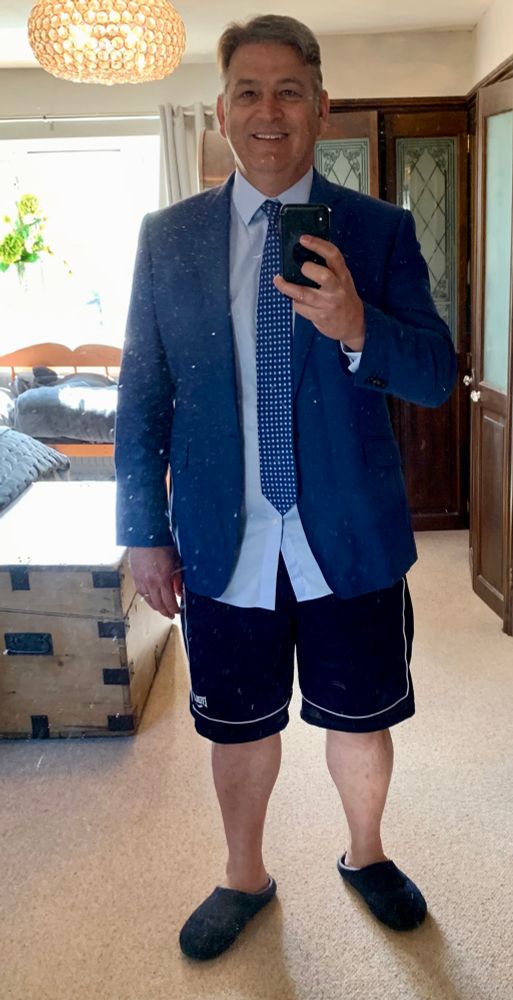
by David Grant
Reposted by: David Grant
We’re having a social gathering for all SESAM members and the wider simulation community who are in Orlando.
📅 Monday, 13th January
⏰ Starting at 9 PM
📍 Mia’s Italian Kitchen, 8717 International Drive, Orlando
#SESAM #HealthcareSimulation
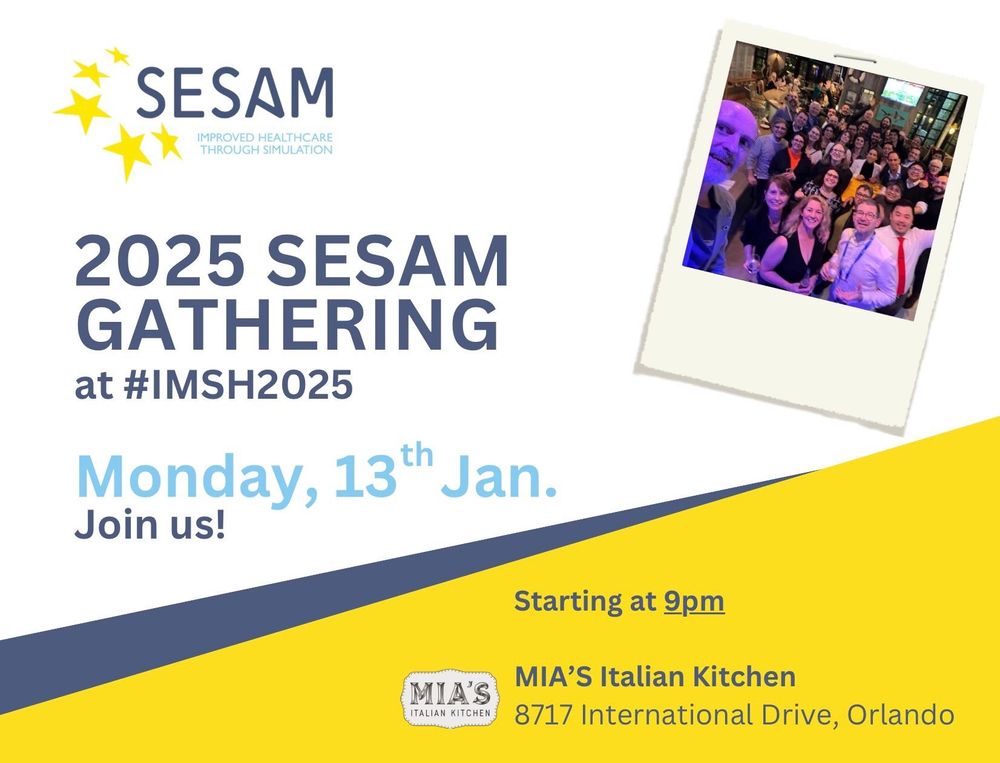
by David Grant
👀👇🏽
www.bristol.ac.uk/study/postgr...

by David Grant
- Mask statements as questions
- Use questions to cross examine
by David Grant
- Move from i understand to help me understand
- Ask questions to learn not contradict
- Parafrase to reach clarity
- Acknowledging views does not = agreement
- when seemingly disagree ➡️ seek to understand the reasoning that underpins the other persons statement first.
by David Grant
Be authentic - be truly curious and caring.
Listening is only powerful and effective if it is authentic.
by David Grant
Our cognitive biases will lead us to snap conclusions/judgement - trick is to be aware of it but not allow it to drown out the other person’s voice.
Remind yourself your role is to understand the other person’s reality and that can only be done by them communicating it to you.
by David Grant
Listening to understand conveys not only intent to achieve mutual understanding, but signals mutual respect - factors that, when combined with curiosity, facilitate more insightful reflection that allows/enables deeper understanding that cannot be achieved in isolation.
by David Grant
It is important to not only acknowledge explicit communication (what is said) , but also what is implicitly communicated (such as emotions).
by David Grant
The primary focus of communicator is to construct & communicate comprehend-able message. The absence of acknowledgement of receipt/comprehension by receiver prohibits them from listening to receiver as their focus is on finding new ways of communicating it - hence both end up feeling unheard.
by David Grant
Meaningful conversations require us to build rapport or a relationship with each other
It is a fundamental human need to feel heard, understood & validated
by David Grant
Deductive reasoning = through process of data collection and analysis ➡️ informs inductive reasoning.
Inductive reasoning = arriving at general principle / broad generalisations based on deductive reasoning.